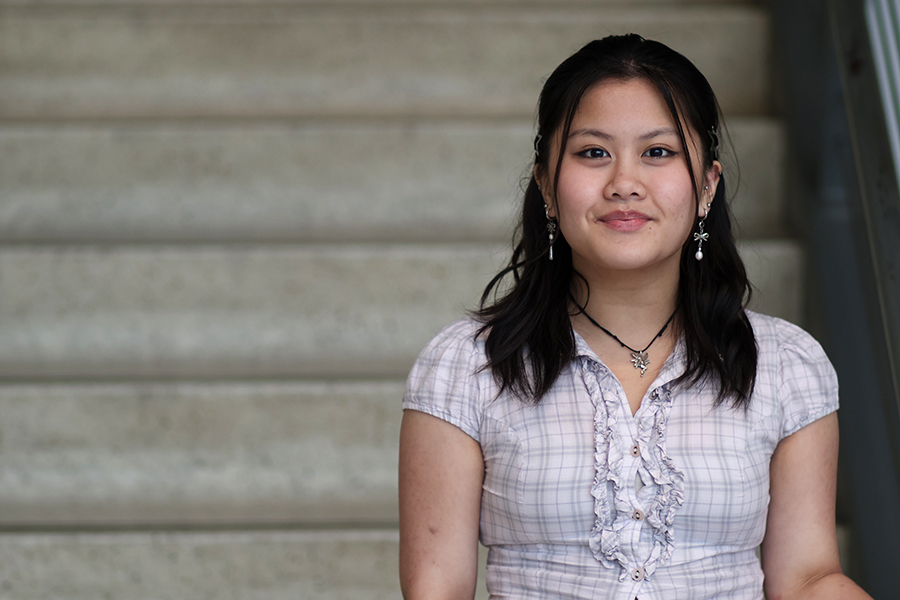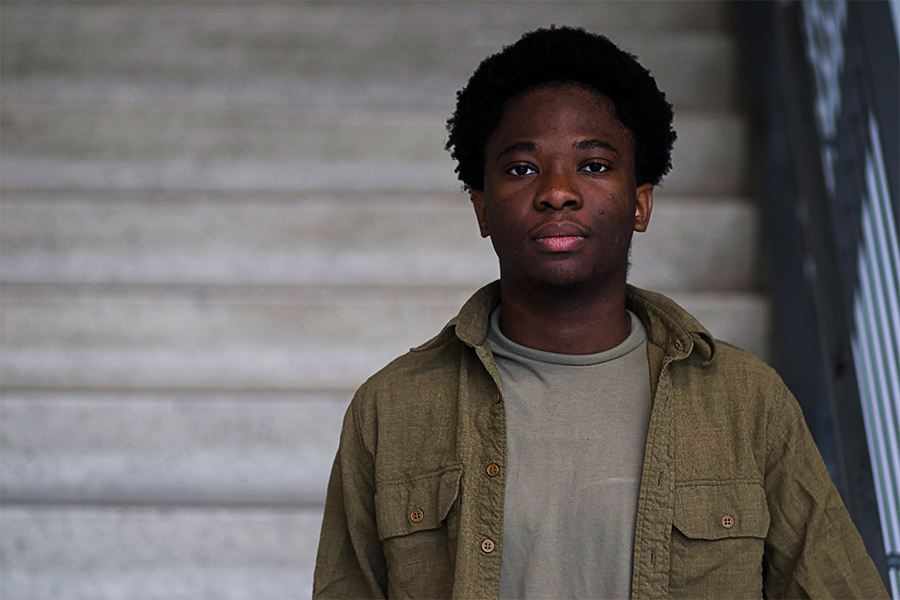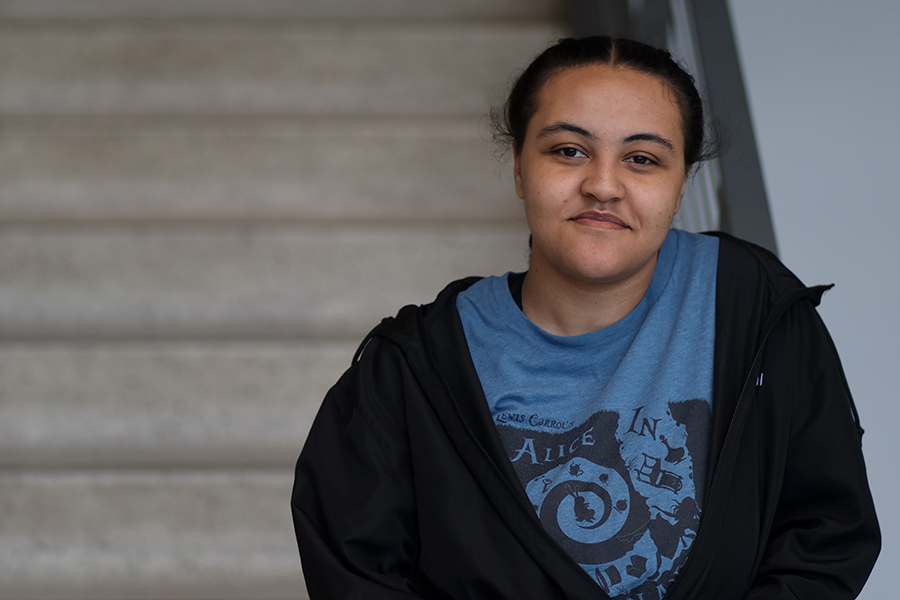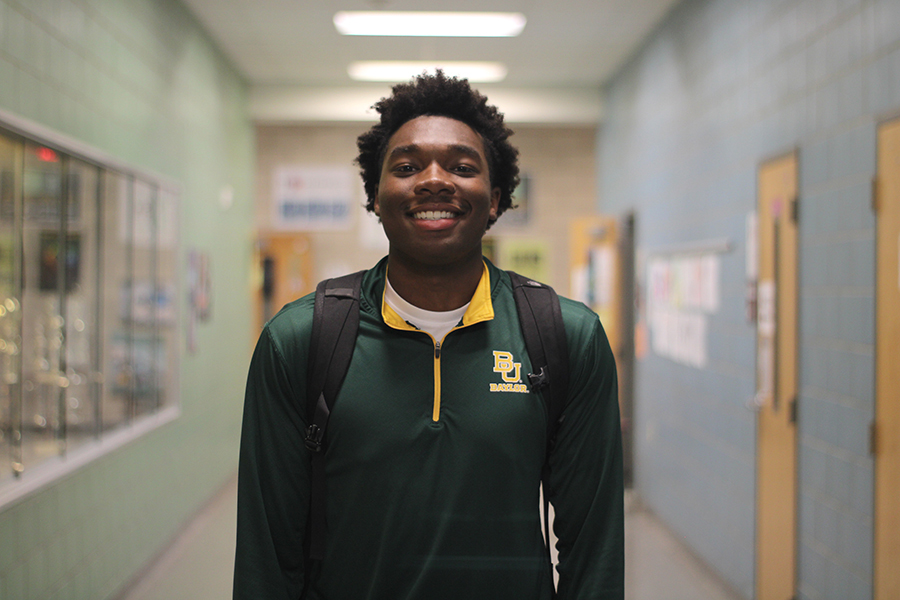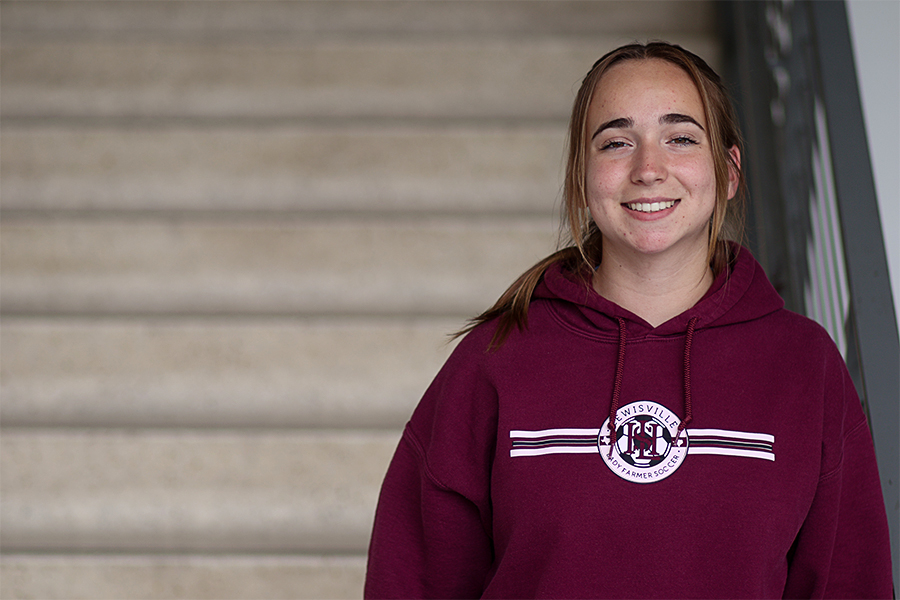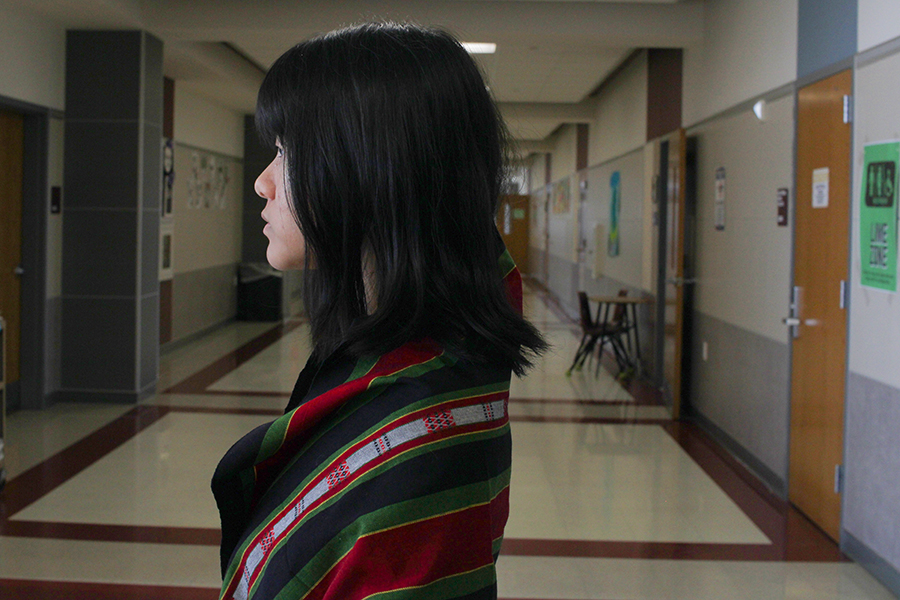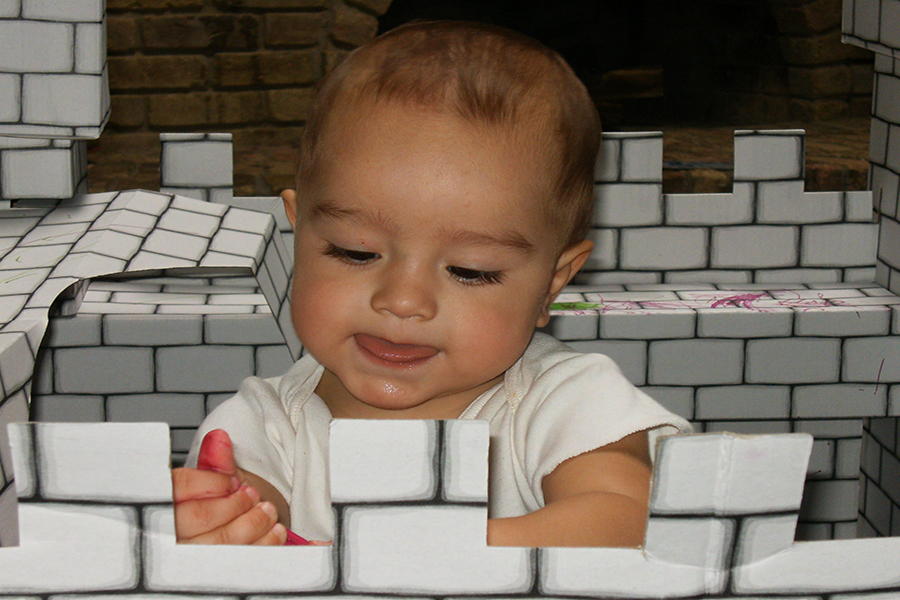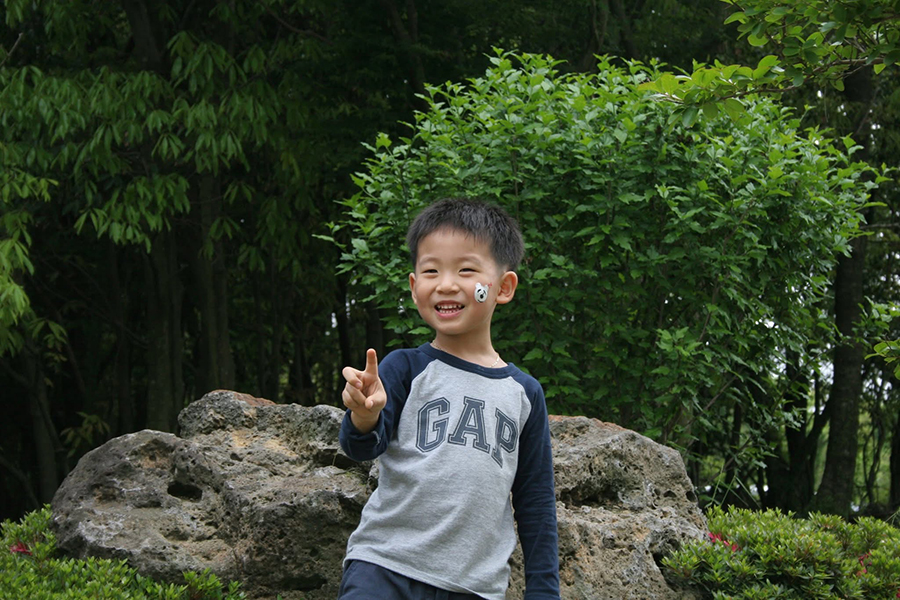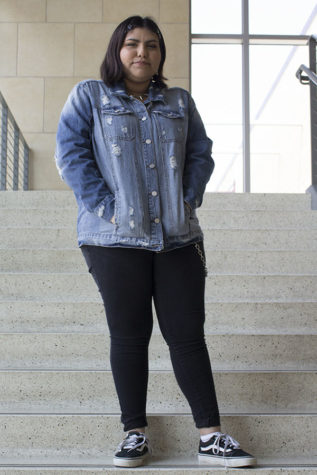Pacing down the corridors, quietly and carefully observing everything in the halls of her old middle school, her eyes suddenly widen as she takes in her surroundings. A group of guys seem to be looking at her and she trembles in disgust as her mind flashes back to the day when her life changed forever.
“I had a friend for about three years,” junior Sarah Ross said. “Near the end of eighth grade, he did a bad thing; he got a little too touchy-feely. Which was bad because I had told him multiple times I didn’t like him, so it felt like a really big betrayal of trust.”
Previously, Sarah lived in Brownsville, Texas for 12 years where she experienced the traumatizing event at the end of her eighth grade year. And in 10th grade, she was officially diagnosed with Post Traumatic Stress Disorder (PTSD).
Due to the incident, Sarah’s life has changed tremendously. The way she interacts with people pales in comparison to her old bubbly and social self. Now, she has to be cautious of actions and behaviors around her.
“I don’t like people touching my thighs or my legs in general, but mostly my thighs,” Sarah said. “I get uncomfortable even when I see other people touch their own thighs which is weird. Also, stuff surrounding that topic makes me feel like ‘Ugh.’”
Sarah previously lived with her mother in Brownsville, but made the decision to move to Lewisville with her father Oscar Ross at the beginning of junior year so she’d feel safe and comfortable.
“[Ever since the incident] she’s been more quiet to herself and more fragile,” Oscar said. “It made her more aware of behaviors that are not appropriate. [Since moving] I think she loves [the environment] and is fluoroushing in it. She’s just amazingly sucking up everything in her path.”
With a fresh start, Sarah entered into a new school and was able to develop new relationships with other students and teachers.
“She’s great,” AP U.S. History teacher Mary Pluenneke said. “She adds a lot to the AP U.S. History class and works well with her peers. She [also] seems comfortable in my class.”
Since Sarah transferred, she has received help from others who contributed to the positive change and has slowly made progress in beginning to trust people again by talking to others.
“[Therapy has] helped me talk about what happened [and] how to cope with how [the incident] changed me,” Sarah said. “Just the understanding and comfort of those I love [helps me]. I take deep breaths and seek comfort when I feel bad.”
Even with medication and therapy, Sarah’s mind is one of her biggest opponents. Memories of the event still linger. Moments where she is reminded of what happened affects her as it feels like all the progress made is lost – causing her go back into her protective shell.
“The best example I can give [of PTSD] is if you’ve gotten in a car accident and you broke your leg for instance,” Sarah said. “You wouldn’t want to be in a car for a long while because you know that you got hurt in a car.”
While the event in Brownsville will always remain in her head, Sarah has become more aware of her surroundings and has acquired awareness of who to confide in.
“You have to be careful what you do to people because you can possibly change someone for the rest of their life and make them hurt very bad,” Sarah said. “PTSD doesn’t go away, it can only be treated.”

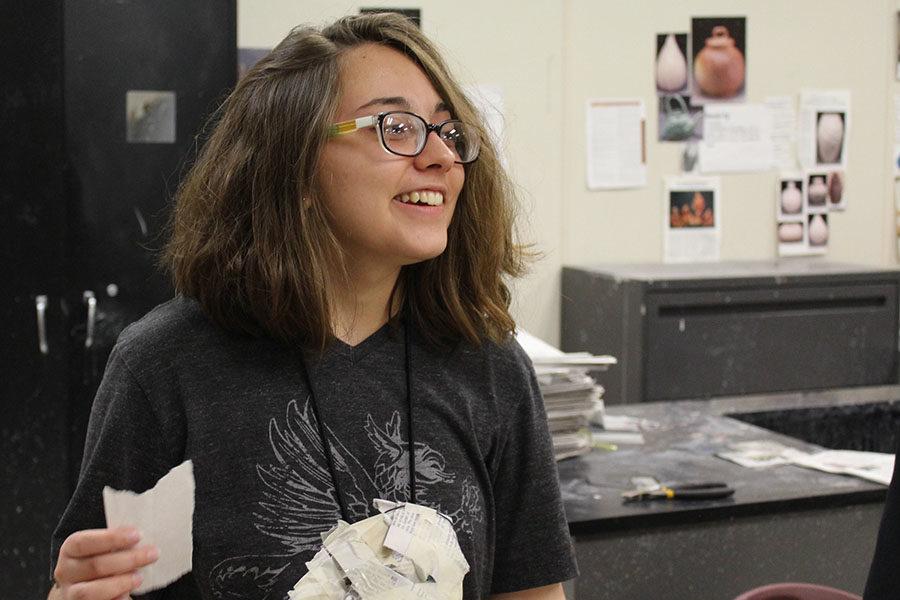
!["I hope to become fond [of] and understand the new dynamic of a life where I don't really have boundaries set by another person, but rather more of a liberal freedom."](https://farhar.net/wp-content/uploads/2025/05/topten9.jpg)
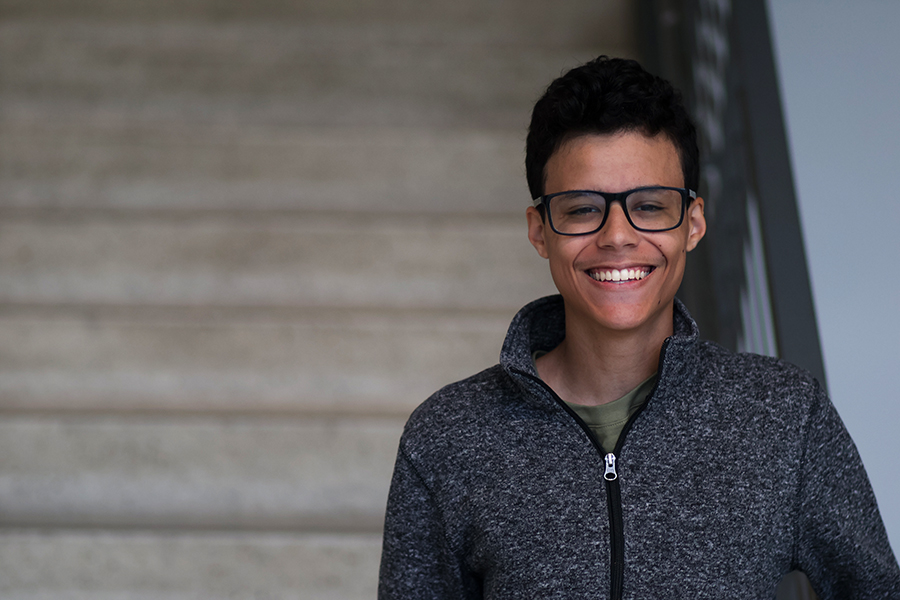
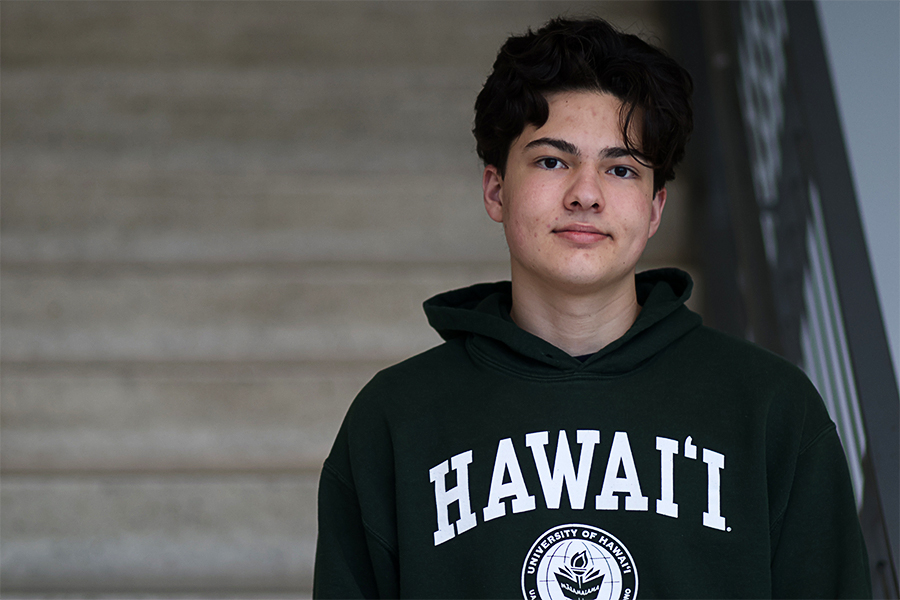


!["Learning is a really important aspect of high school – that's why we're here. I think the whole top ten thing can also encourage somebody [to] focus on grades and not the actual learning."](https://farhar.net/wp-content/uploads/2025/05/topten6.jpg)
